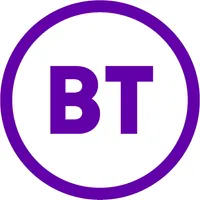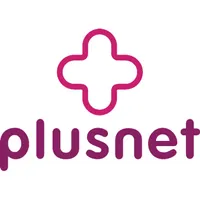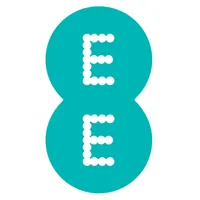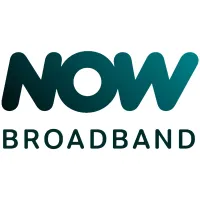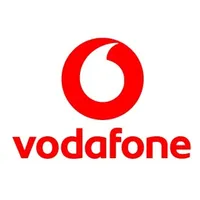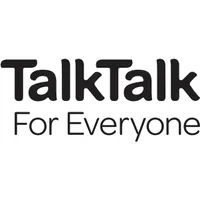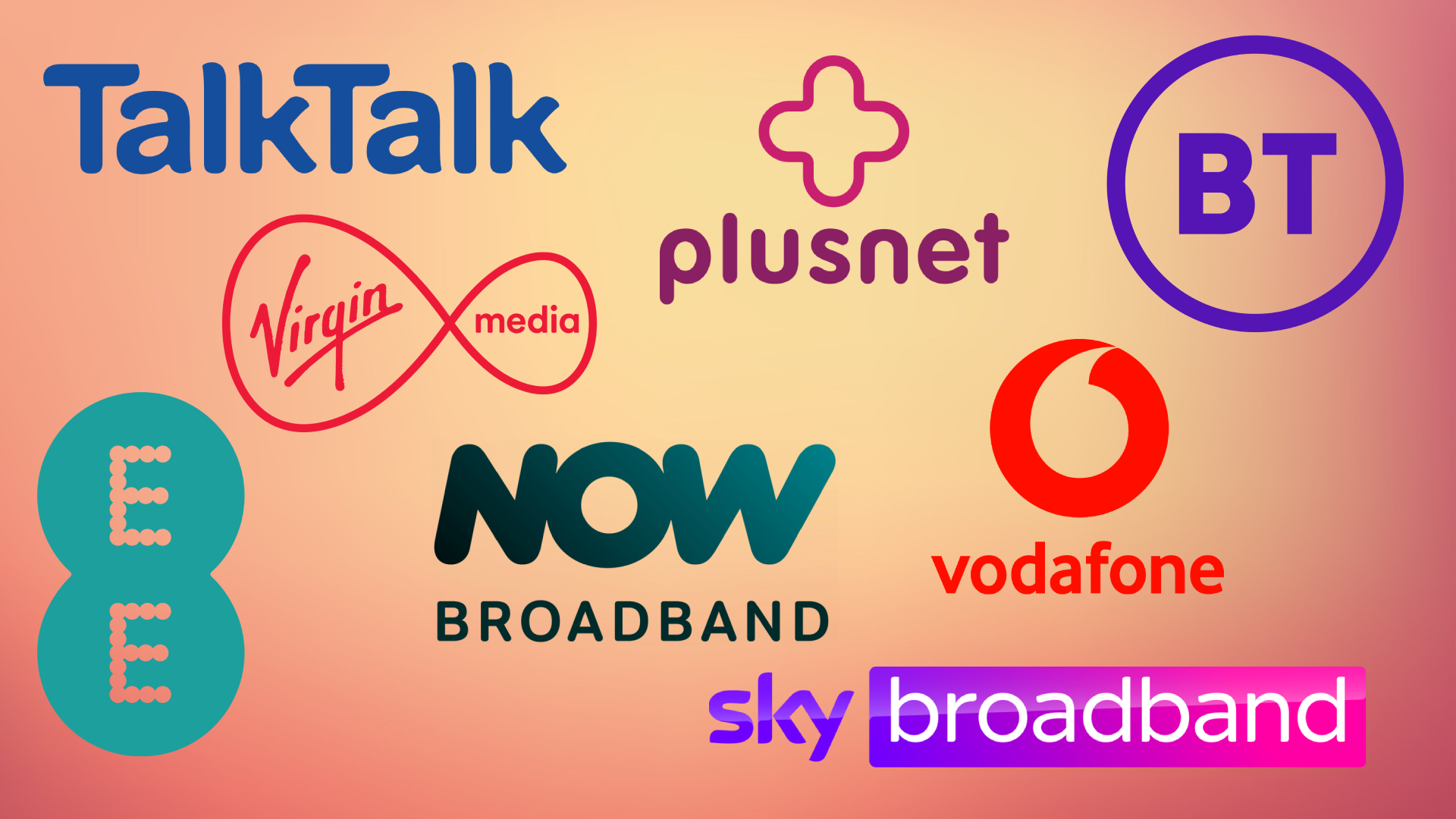
When you're searching for the best broadband deals on the market, it's easy to become overwhelmed with choice. After all, with so many different providers, types of broadband, contract lengths and speed options available, it can be difficult to know which one is best for your needs.
As a result, unless you know exactly which partner you'd like to choose and the speed you'd like, you could end up making a costly mistake.
This is where we come in. In this guide, we've outlined the top broadband providers in the UK and outlined all of their USPs. We've also put together details about their affordability and the types of packages they're offering at the moment. So, read on to discover everything you need to know.
Best broadband providers
BT
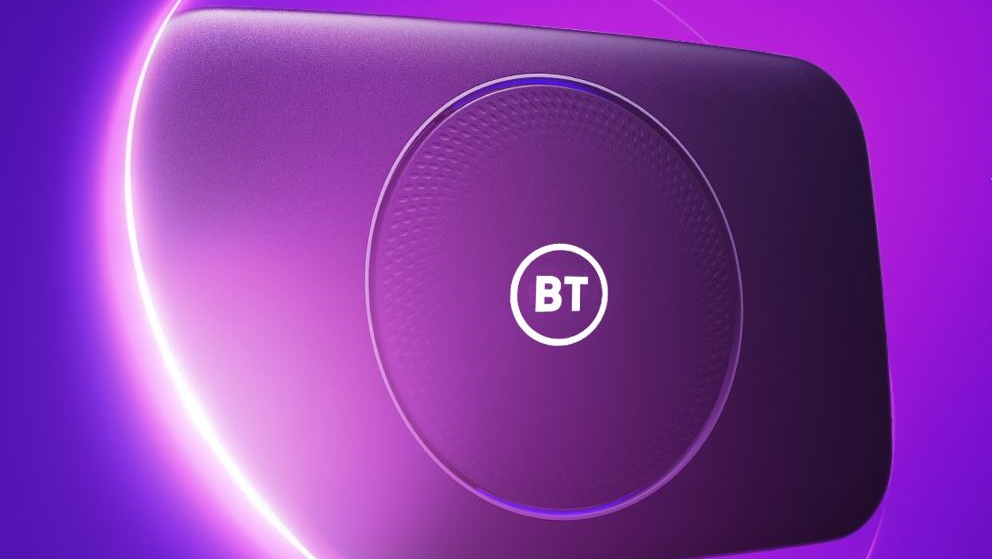
For years, many have considered BT to be the gold standard in broadband. It's easy to see why, too.
The excellent range of BT broadband deals includes a fantastic selection of medium-to-fast speeds. Plus, although the company only provides ADSL connections to ineligible properties to receive fibre broadband, it does currently offer a near-unbeatable selection of both fibre and full fibre packages with options that range from 36Mbps to 900Mbps.
As well as providing download speeds to suit almost any need, BT also offers speed guarantees, smart Wi-Fi hubs, good internet security and a knowledgeable customer services team that's easy to contact. Given their price and availability, it's easy to see why the company's Full Fibre 1 and Full Fibre 2 packages are two of the most popular broadband options in the UK today.
We think that BT is undoubtedly one of the top internet service providers in the UK. However, this doesn't mean that its offering is flawless. Before you sign up with the provider, you should be aware that the company specialises in 24-month contracts. Plus, its deals aren't the cheapest and it cannot compete with Virgin Media's fastest options.
Added to this, although BT has long been considered to be the market leader in the broadband space, the company's relationship with EE recently changed. As a result, many of the company's flagship broadband deals (including a new 1.6Gbps option) are now offered by EE.
Read moreRead less▼
BT Broadband
BT offers plans right the way from 10Mbps ADSL packages through to 900+Mbps fibre options. You can start at around £30 per month on the low end, while the most expensive packages cost around £50 each month. There's also plenty of packages in between.
Sky
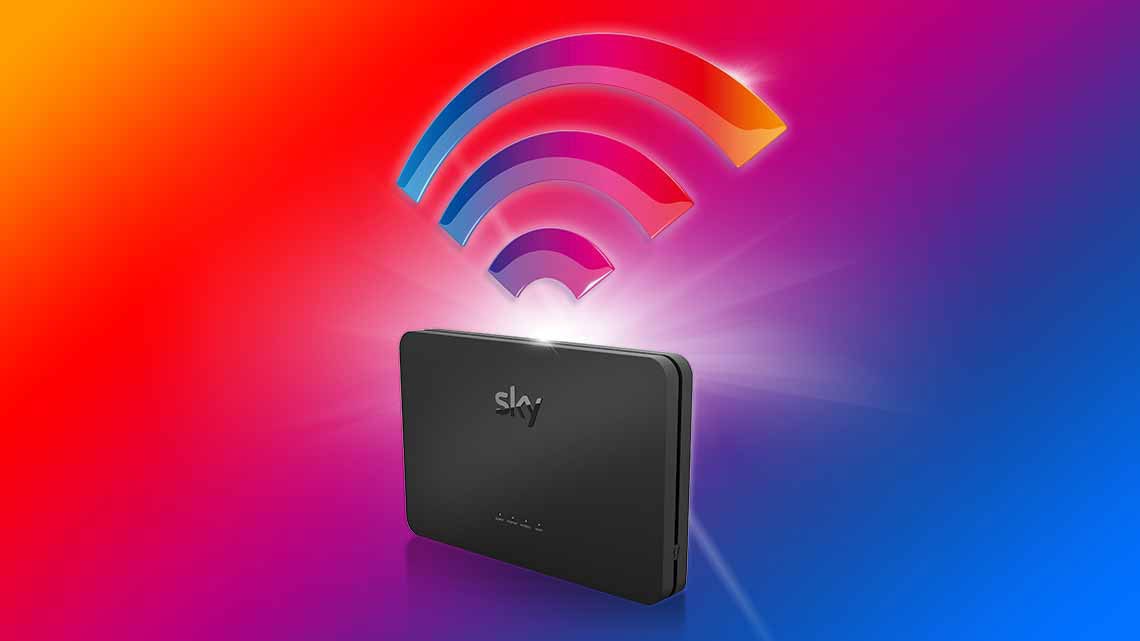
Sky is one of the best-known and most popular internet service providers in the UK. Again, it's easy to see why.
Sky has claimed countless awards over the past few decades, offers some of the best internet and TV bundle deals in the country, and regularly offers great incentives and discounts on its contracts.
On top of this, Sky's broadband deals include a speed to suit every household. Its fibre deals start at 36Mbps, while its fastest fibre offers average download speeds of 900Mbps. Plus, the company also offers a 'wall-to-wall Wi-Fi' guarantee. Loyal customers even receive VIP incentives, which many providers reserve for new customers.
That said, Sky also relies on the Openreach network that's utilised by BT. This means it cannot compete with some of the speeds offered by Virgin Media and EE. Plus, the company also specialises in 18-month contracts, which can be restrictive. That said, if you'd also like to receive Sky's TV channels, opting to bundle them with the company's Wi-Fi is a bit of a no-brainer.
Read moreRead less▼
Sky Broadband
With plans starting at less than £30/month, you can easily get unlimited usage with 60+Mbps. Need more power? The 900+Mbps Gigafast broadband has you covered – and then some. However, it will set you back more than £40 per month.
Virgin Media
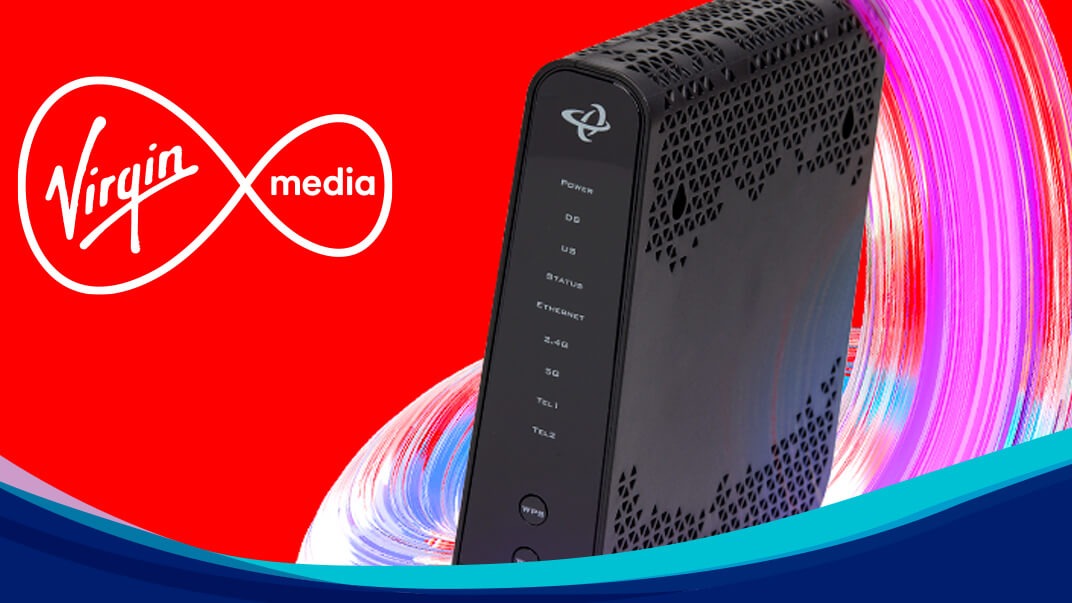
Searching for the fastest speeds available? Virgin Media's broadband deals are likely to be the best for you.
Virgin Media has one major advantage over some of its other competitors: it uses its own network. This means it doesn't need to rely on old copper cables that are slow to transmit data.
As a result, the entire Virgin Media network is now gigabit-ready and all of Virgin’s tariffs offer average download speeds of 100Mbps or faster. Added to this, the company has recently launched one particular deal that offers symmetrical upload and download speeds of 2Gbps! Plus, on top of all of this, the company usually offers good incentives and discounts on some of its contracts.
However, although Virgin's network provides the fastest connections in the UK, it's still very much under development. This means the company's coverage isn't the best. Estimates suggest that only around 60% of properties in the UK can access Virgin Media's broadband packages. However, those who do receive excellent speeds, great customer service, and a range of incentives.
Read moreRead less▼
Virgin Broadband
Virgin's slowest plan will still give you average download speeds of 132Mbps for £26 per month. If that's not fast enough, you can hop your way through plans all the way up to Gig2, which offers 2Gbps upload and download speeds.
Plusnet
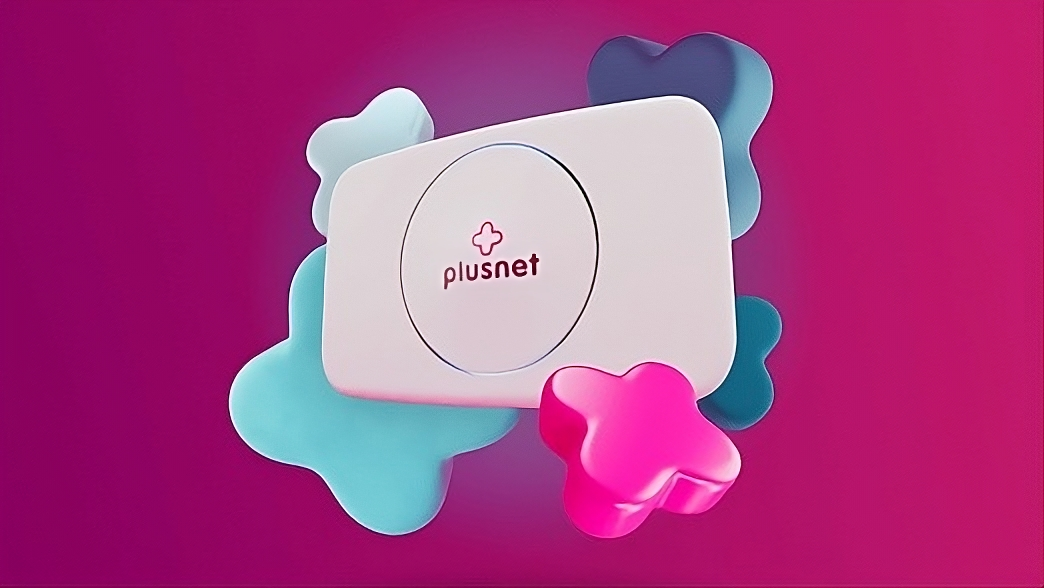
Although it used to be considered a value option for broadband, Plusnet now offers a lot more than a cheap connection. Plusnet's broadband deals are considered to be great all-rounders and the company often tops lists like this.
Not only does Plusnet undercut the deals offered by the likes of Sky, BT, and Virgin, but it also offers excellent customer service and top-notch reliability. This means Plusnet customers usually receive excellent value for money.
Overall, Plusnet offers a great range of contract lengths, a good selection of fibre internet deals, and a friendly, reasonably-priced service that customers can rely on. Perhaps it's no wonder that the company was voted as the 'Broadband Provider of the Year' by Uswitch in 2024.
Read moreRead less▼
Plusnet Broadband
Plusnet's basic plan starts at 10Mbps, with plenty of fibre options bringing you up to 900Mbps, if you choose. A great mix of speed and price makes these plans great options to consider.
EE

EE's broadband deals are both fast and reliable. Plus, the company offers some of the best levels of customer service in the industry. Added to this, EE also offers some attractive discounts and incentives for its existing pay monthly customers.
Since 2016, EE has been a member of the BT family. Until recently, this meant that the company provided many of the same solid and reliable pages as BT. However, EE's relationship with its parent company recently changed and now EE has replaced BT as the flagship broadband provider.
As part of this, EE now offers the widest range of deals, including a new 1.6Gbps option that is one of the fastest on the market today.
Overall EE is a solid broadband provider you can trust; especially if you’re already an EE pay monthly customer. However, there are a couple of downsides you should be aware of. For example, the company's contracts are inflexible and its TV and internet bundles leave something to be desired. Let's see if either of these downsides change when the new partnership between EE and BT is more firmly established!
Read moreRead less▼
EE Broadband
With some of the best deals out there, EE has plans for everyone. No matter if your needs are big or small, there's a plan for you – with EE boasting home broadband speeds of up to 1.6Gbps.
NOW Broadband
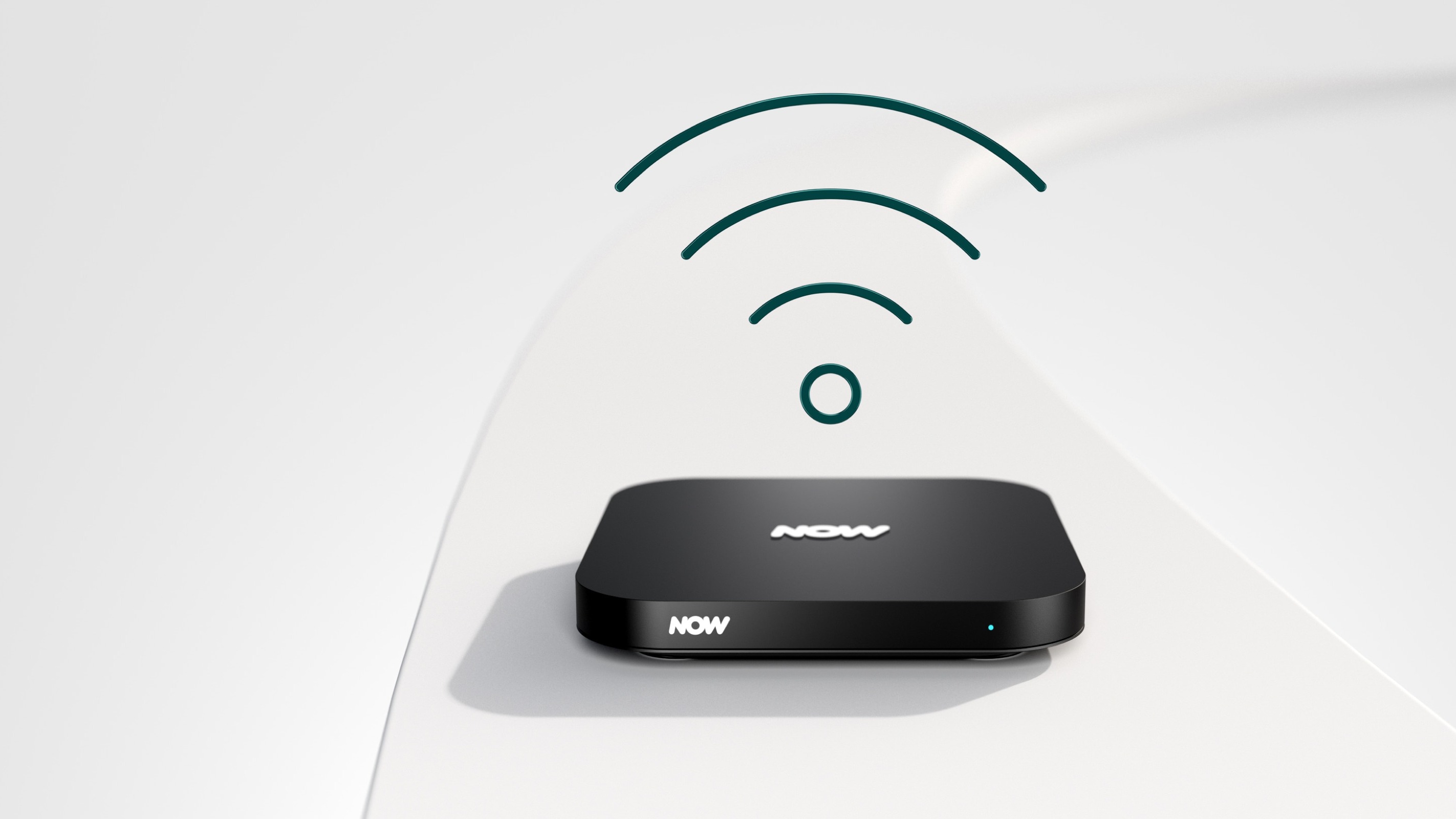
There's no doubt about it, NOW Broadband is one of the best value internet service providers in the country.
NOW Broadband is owned by Sky, but this brand is specifically focused on providing the cheapest tariffs on the market. You may be surprised to hear that some of its deals (36Mbps and 63Mbps) start from as little as £23 per month. In fact, even its most expensive package, which offers average download speeds of 100Mbps (and is powered by Sky) only costs £26 per month.
As a result, in surveys, NOW Broadband's customers rave about the value for the money they receive. Plus, many are also happy with the reliability of their connection and the customer service on offer.
Added to this, we should also mention that NOW Broadband is one of the most flexible providers out there and many of its deals only last for 12 months. The only expiation to this is the 100Mbps package, which comes with an 18-month contract.
However, although there are a number of reasons to pick up a NOW Broadband deal, it's worth noting that it's quickest package only provides average download speeds of 100Mbps. As a result, if you're looking for the fastest speeds on the market, NOW is unlikely to be the right provider for you.
Read moreRead less▼
NOW Broadband
NOW doesn't have a slew of plans on offer, but they are cheap and convenient – starting at just £23/month for 36Mbps or 63Mbps. For just £3 more, however, you can make the jump to 100Mbps – the choice is yours.
Vodafone
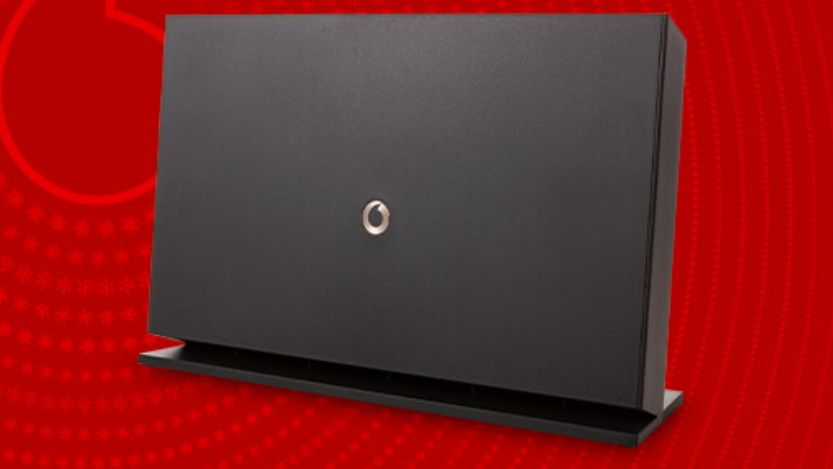
Vodafone is home to Britain's longest-running mobile phone network (the company placed its first call in 1985). However, it only entered the broadband market seven years ago.
That said, the company is now more than making a statement: Vodafone's broadband deals are aggressively priced and come with fast download speeds. So it's no surprise that Vodafone's customers regularly praise the speeds they receive and the value for money available. Plus, current Vodafone members can also receive a discount that makes the company's packages even more affordable.
However, although the company offers a great range of speeds and a particularly affordable 35Mbps option, its standard contract length is 24 months, which is the longest in the industry. Plus, customers do complain that it's difficult to contact the company and the customer service provided isn't the best.
Read moreRead less▼
Vodafone Broadband
A great mix of price and product, you can jump in with Vodafone for just £26/month. Full Fibre options head up to 900Mbps. This package costs £39/month and is one of the best value plans around.
TalkTalk
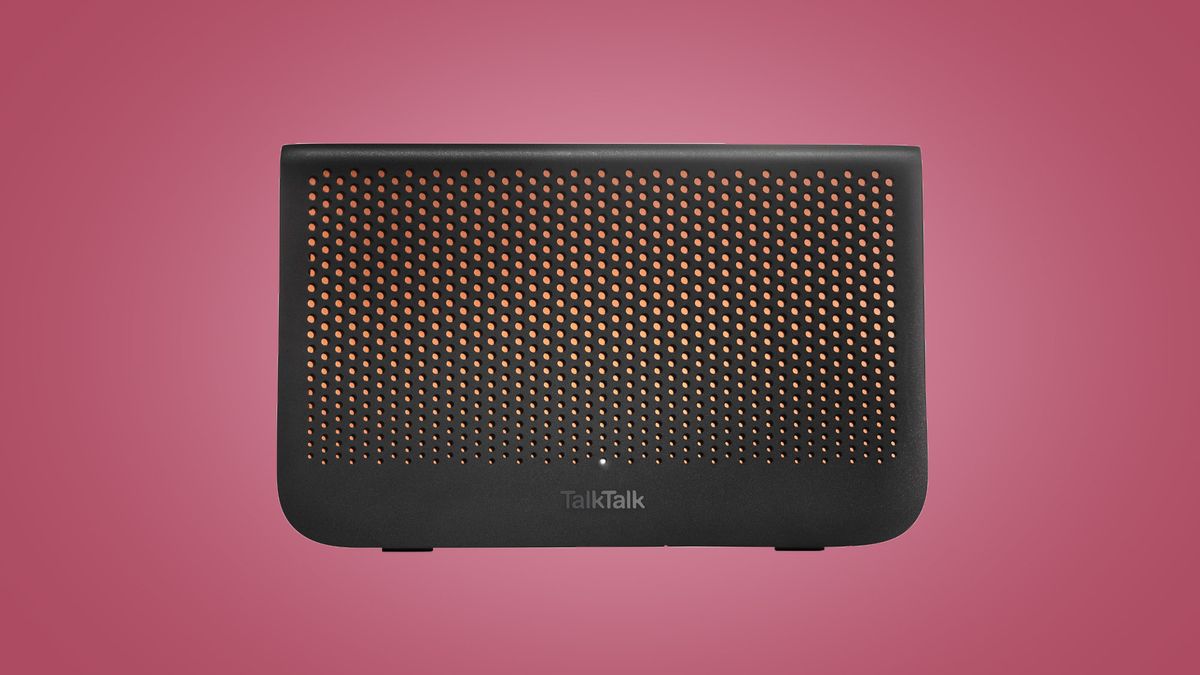
Like NOW Broadband, TalkTalk specialises in affordable broadband contracts. In fact, the company's Fibre 35 package is usually available for around £28 per month. Meanwhile, its popular Fibre 65 plan costs the same amount. Added to this, TalkTalk's broadband deals also provide you with great discounts on NOW TV passes. This is great if you're looking to bundle your broadband with your TV.
Although the company specialises in deals across both traditional copper lines and fibre lines, it also offers a Full Fibre 900 contract that offers average download speeds of 944Mbps. This means it can compete with the fastest speeds offered by both BT and Sky.
Read moreRead less▼
TalkTalk Broadband
Nothing fancy here – basic plans from £28/month or get great deals on full-fibre speeds well over 900Mbps.
Specialist providers to consider
Don't like the sound of any of the major UK broadband providers? Well, certain smaller providers like Hyperoptic, Gigaclear, and Zen Internet specialise in ultrafast, 'fibre-to-the-premises' or 'FTTP' internet connections that provide some of the top broadband speeds on the market.
So, if you're interested in an ultrafast speed, which is typically delivered as a 'Full Fibre' broadband connection, then it may also be worth checking out these providers.

Other key considerations
So, now you know all about the best broadband providers in 2024, how do you know which is right for your needs?
Well, each of the above broadband providers has its own specialisms and things that make it unique. So with this, the one you consider to be the 'best' is largely down to personal choice and your unique circumstances. However, before you sign up, here's a list of things you need to consider:
- Coverage in your area
- Whether you receive a 'minimum speed guarantee'
- Contract length
- The total cost of signing up
- Whether you'll receive an incentive for signing up
- Whether you need any extras, like a landline or TV package
The importance of broadband coverage
Of all the above points, coverage is the first thing you need to check. For example, while companies such as Sky and BT use the Openreach network and can provide fibre connections to around 96% of the country, Virgin Media uses its own network. However, although they can provide quicker speeds as a result, only around 60% of the country can actually receive a Virgin connection.
Similarly, although 96% of homes can access fibre speeds via the Openreach network, only eight million homes are eligible to receive Full Fibre connections. So, it's worth checking what's actually available at your address before you do any detailed research.
When you're researching available speeds at your address, you should also make sure that you're not lured in by 'headline' speeds and 'average' speeds. This is because not every property is eligible to receive these speeds, which are merely an illustration of the download speeds received by the average property.
Today, as well as advertising an average speed, a number of the top broadband providers in the UK also offer a 'minimum speed guarantee'. You should check this and make sure it's still quick enough for your needs.
The right contract length
Following this, you should decide what length of contract you're looking for. While some providers specialise in offering short-term deals, many of the larger suppliers like Sky and BT only offer 18 and 24-month contracts which can be prohibitive. However, these can be cheaper in the long run and often come with incentives. Plus, if your chosen supplier does not meet the minimum speeds guaranteed in your contract, you can usually leave without penalty.
That said, if you'd much prefer a shorter contract, take a look at NOW. They're currently offering the shortest contracts on the market, with many of their deals only lasting for 12 months.
Be wary of sign up costs
This leads us to our next point: sign-up costs. Nowadays, the vast majority of providers charge some form of sign-up fee. This can be as low as a £5 delivery fee for your new router all the way up to £70 for an engineer visit. This is something you should check before you sign up. Again, if you choose to go with a longer contract, then these fees may be waived entirely and you may actually receive a freebie like a gift card.
Remember to look for bundle deals
Finally, you need to consider whether you'd like an internet-only package, a broadband deal that includes a landline or an option that bundles together your internet, phone and TV packages. Again, this is largely a personal choice. But, if you do regularly watch shows on Sky Cinema or TNT Sports (formerly BT Sport), then you may find that bundling your TV and internet together with a broadband and TV deal provides you with a considerable cost saving.
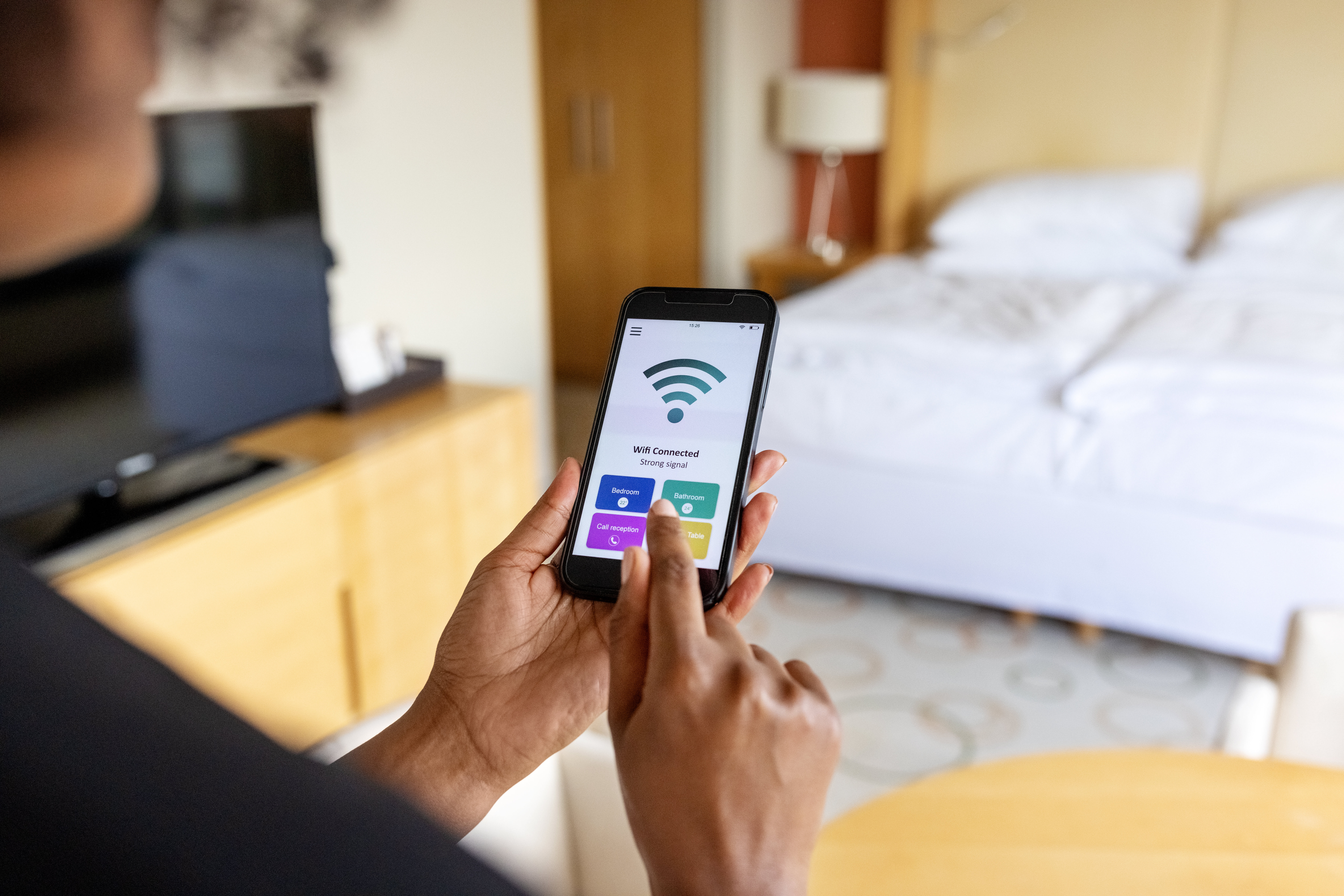
Key broadband terms
Another way to help make sure you always find the best broadband deal is to get up to speed with some of the latest lingo that's used to describe the products on offer from providers.
Here's a selection of commonly used terms you might encounter, with an explanation of what they mean:
- Average download speed - it's a provider's reflection of the average download speeds that around half of customers will get during peak usage hours. It's usually one of the main selling points and is displayed in megabits-per-second or 'Mbps'.
- Average upload speed - this is how fast your broadband sends out information and again is based on a user average and is displayed in Mbps. Although, this figure is usually much lower than download speeds.
- Fibre broadband - you'll see this used to describe broadband deals that use fibre-optic cables as part of the connection. These are also known as 'fibre-to-the-cabinet' or 'FTTC' connections and are faster than standard ADSL broadband. They give average download speeds that range from 30Mbps to 100Mbps.
- Full Fibre broadband - these are also known as 'fibre-to-the-premises' or 'FTTP' connections and have fibre-optic cables that run all the way from the local exchange point and directly into your building. These are much faster and have average download speeds up to 1,000+Mbps.
- Gigabit-capable broadband - for broadband packages that are over 1,000Mbps (or 1Gbps) you might see them being referred to like this.
- 4G broadband - a broadband that's delivered via a provider's 4G mobile network.
- 5G broadband - a broadband type that's delivered wirelessly via a provider's 5G network. These are much faster than 4G and can give speeds upwards of 1,000Mbps.
If you'd like a more in-depth look at the key broadband terms you might encounter when browsing the markets, be sure to take a look through our helpful broadband jargon buster.
Find the best broadband deals
Whatever your preferences might be with your next broadband package, in addition to the useful insights above, we have a few more ways we can help you find the best option.
Either head to our best broadband deals page to see our run down of the top tariffs on the markets today. Or enter your postcode into the widget below to see exactly what you can get in your area.
Sign up for breaking news, reviews, opinion, top tech deals, and more.

Tom is a freelance copywriter and content marketer with over a decade of experience. Originally from an agency background, he is proud to have worked on campaigns for a number of energy providers, comparison sites and consumer brands.
- Adam ZeisEditorial Director - High Yield
